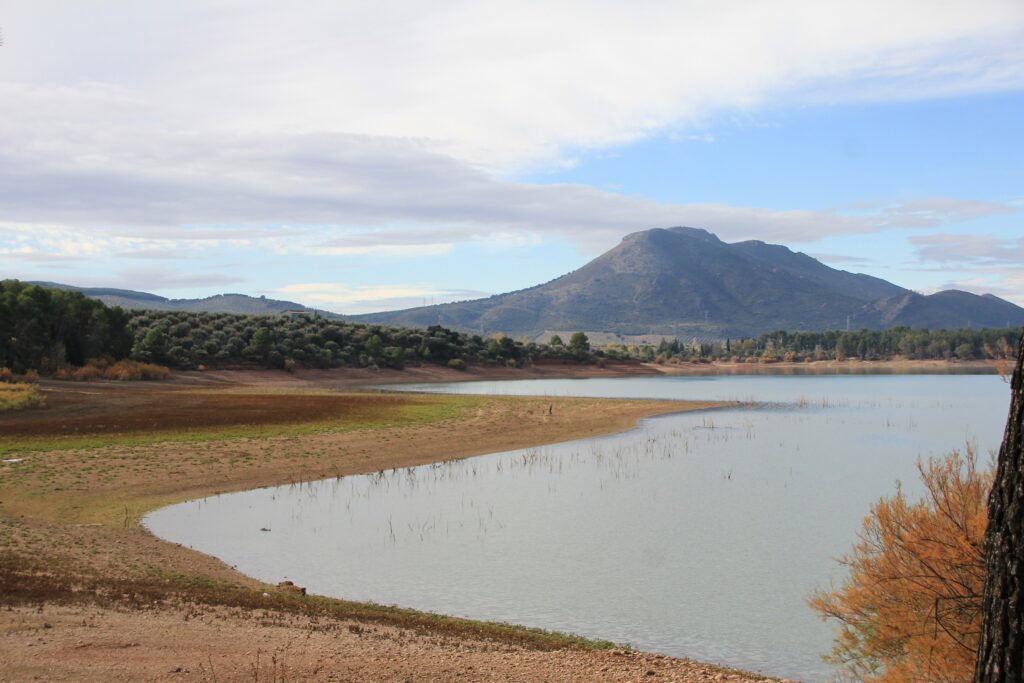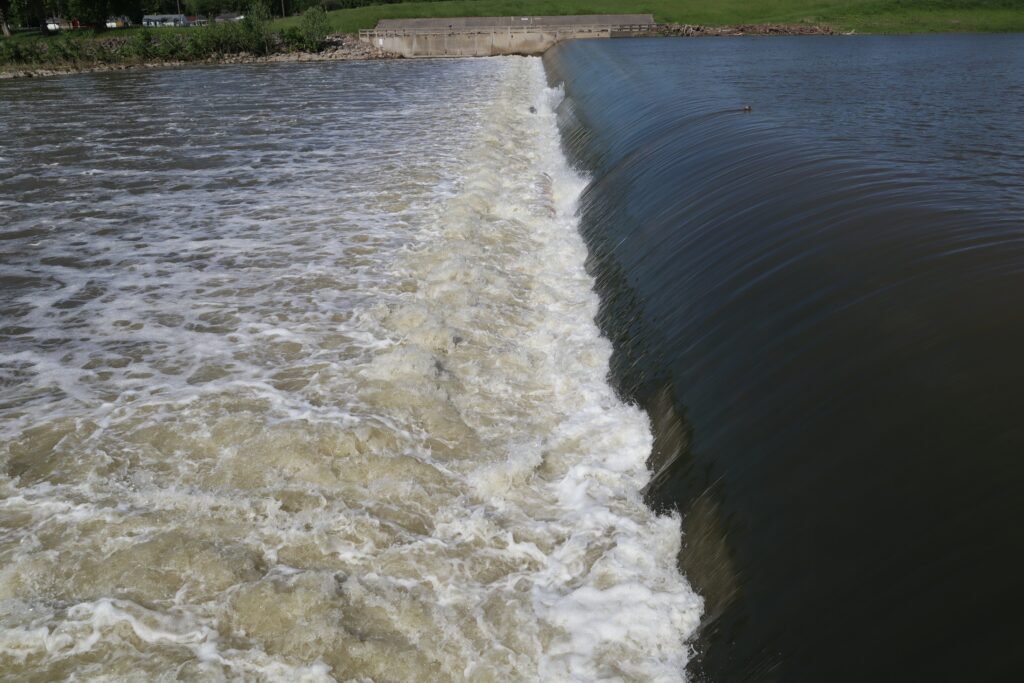Rivers may not be as resistant to drought as previously thought

Rivers devastated by prolonged drought may not be able to recover, even after the rains return. Seven years after the Millennium drought ravaged south-east Australia, many of the region’s rivers still show no signs of returning to their pre-drought flow.
The multi-year drought in southeastern Australia, which began sometime between 1997 and 2001 and lasted until 2010, offered a natural experiment to test this assumption. It was not the most severe drought the region has experienced, but it was the longest period of low rainfall in the region since around 1900.

Researchers analyzed annual and seasonal flow rates (volume of water that crosses a surface in a given time) in 161 river basins in the region before, during, and after the drought. They found that by 2017, 37 percent of those river basins were still not seeing the amount of water flow they had before the drought. What’s more, of those low-flow rivers, the vast majority, 80 percent, also show no signs that they might recover in the future, the team found.
Many of the southeastern Australian rivers had recovered from previous droughts, including a severe but brief episode in 1983. But even the heavy rains of 2010, which marked the end of the Millennium drought, were not enough to return these basins to their former state. That suggests that there is a limit to the resilience of rivers after all.

The post-drought precipitation was similar to the pre-drought precipitation, and the water doesn’t end up in the stream flow, so it must go somewhere else. The team examined several possibilities: the water infiltrated into the soil and was stored as groundwater, or it never made it to the ground, possibly being intercepted by leaves and then evaporating back into the air.
But neither of these explanations was confirmed by studies of these sites, the researchers report. The remaining, and most likely, possibility is that the environment has changed: Water is evaporating from soils and transpiring from plants more rapidly than before the drought.
The finding that rivers have finite resistance to drought is of particular concern as the planet warms and longer droughts are more likely.





Responses